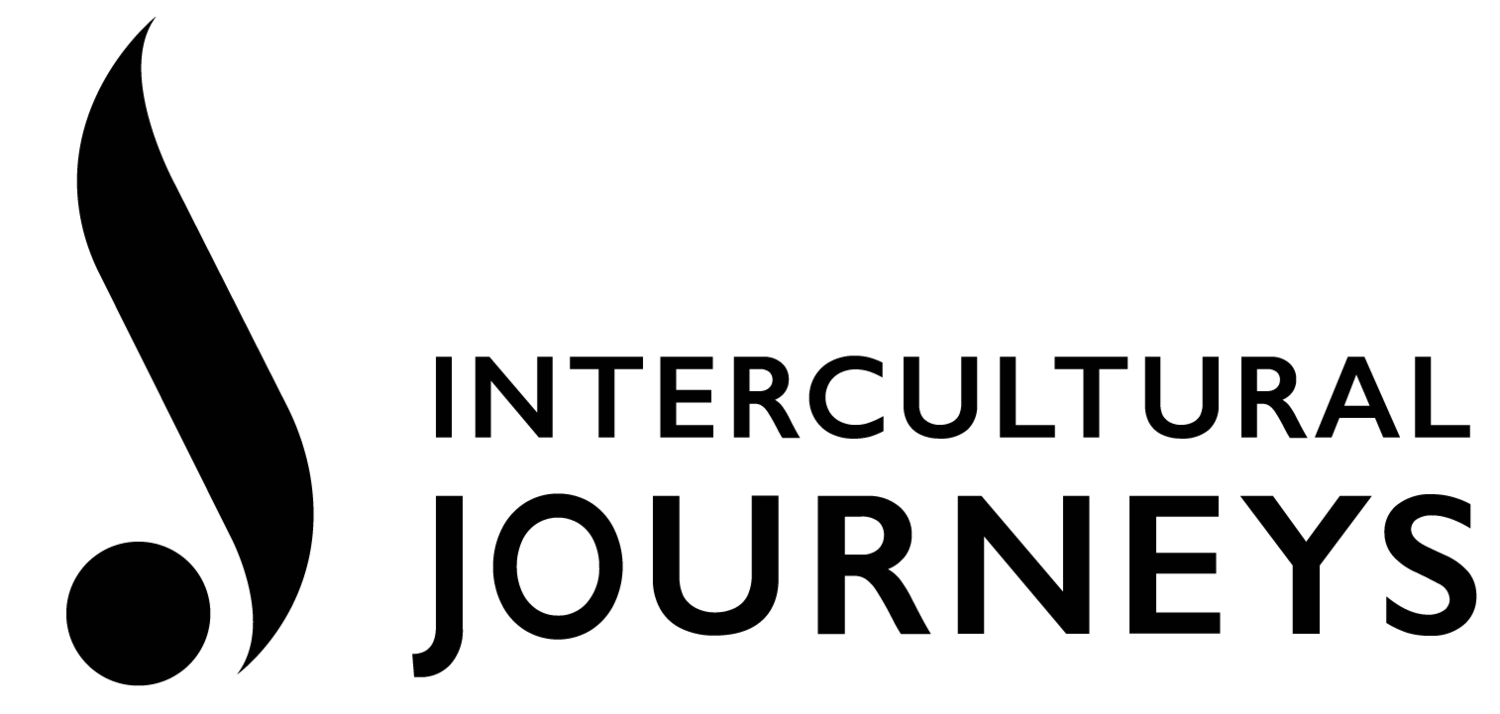original photo credit: kenzi crash
by Tahnee Jackson
“Stories told across splintered languages” – the phrase evokes an immediate sense of loss and longing and belonging, of threading together definitions found in disparate dictionaries.
Part of my work as Communications and Marketing Manager at IJ is taking a deeper dive into the inspirations and motivations behind our artists’ work, and internalizing their stories to bring them into fuller context for our audiences. As a descendent of immigrants myself, it reminds me of the ways my culture continues to honor ancient traditions while still being unable to truly map out their origins; the word my culture uses for the act of eating is directly linked to the word for a staple food across the breadth of West Africa, and a food I still consume to this day.
The art of cartography, or mapmaking, begins with surveying the land and measuring distances, equating hands or cubits to miles and carving borders where landscape once reigned supreme. The claiming of borders and creation of nation-states has become a colonial act, and one enacted throughout the Global South by empirical forces.
Taiwan is one such country, land bordered on all sides by seas and hemmed in by the constrictions of colonization dating back to the 1600s. In discussing borders however, the pieces of the land that are often forgotten are the peoples and languages of those gathered and separated by arbitrary divisions, and those divisions often manifest along familial lineages unseen by history books.
Even within the current geopolitical climate, Taiwan’s sovereignty is still hotly debated, tiptoed around and through. 2022-23 season artist Mel Hsu takes on this rugged epigenetic terrain and scattered linguistic geography in her piece Letters to the Moon, a soundbath in honor of those who made me. Mel describes the impact of colonization on her family’s genealogy:
“The island of Taiwan has been passed between the hands of different global powers for centuries. While several generations of my family all grew up on the same land, the multiple shifts between Chinese, Dutch and Japanese governments caused the land and the lives upon it to be completely re-coded with new languages, cultural expectations and history class curriculums every few decades.
Multiple generations of Taiwanese and Indigenous people were forced to speak a new language with the entrance of a new government. Depending on who was in power, native tongues were relegated to being spoken only at home and forbidden to be spoken in public.
A decade ago, I embarked on a journey of exploring the impact of linguistic colonization within four generations of my family. My great-grandparents’ first words were in Taiwanese. My grandmother writes her poetry in Japanese, my parents dream in Mandarin. My sister and I are schooled in English grammar.”
So what does reconstructing the linguistic pathways that connect memory and history through a family’s lineage look like? How does mapping out ancestry sound? Mel’s journey towards that purpose took time and persistence:
“For one year, I conducted interviews with my grandmothers, my parents, and my sister. My original hypothesis was a condemnation of the ways in which colonization causes intergenerational rupture. I was grieving and angry. I wanted to be able to read my grandmother’s poetry - I felt that war, foreign occupation and white supremacy had stripped me of that sacred privilege.
Through the interview process, what was illuminated for me was the underground ecosystem of linguistic mycelia that my family created for ourselves when we were stripped of words. What I found was resistance - we reached for one another despite having different vocabularies. We created our own languages, stronger languages, languages of family that no government could take away from us. The sharing of food, of music, of touch, of play, of grief, of migration, of dreams.
What I found was that my grandmother grew into Mandarin alongside my mother, my mother grows into English alongside me. We create our own familial vocabularies alongside each other. Our mothers grow to find us in our mother tongues.”
Mel Hsu (she/ 她 tā) is a sonic painter of impossible worlds. As a multi-instrumentalist, Mel often ventures from her classical roots as a cellist into unexpected, cross-disciplinary collaborations. Rooted in Philadelphia, Mel’s restless spirit finds adventure across time zones and oceans as musical and administrative support for others who inspire her. Mel is a spreadsheet nerd, a slow reader, and a shameless instigator of kitchen dance parties. www.melaniehsu.com



